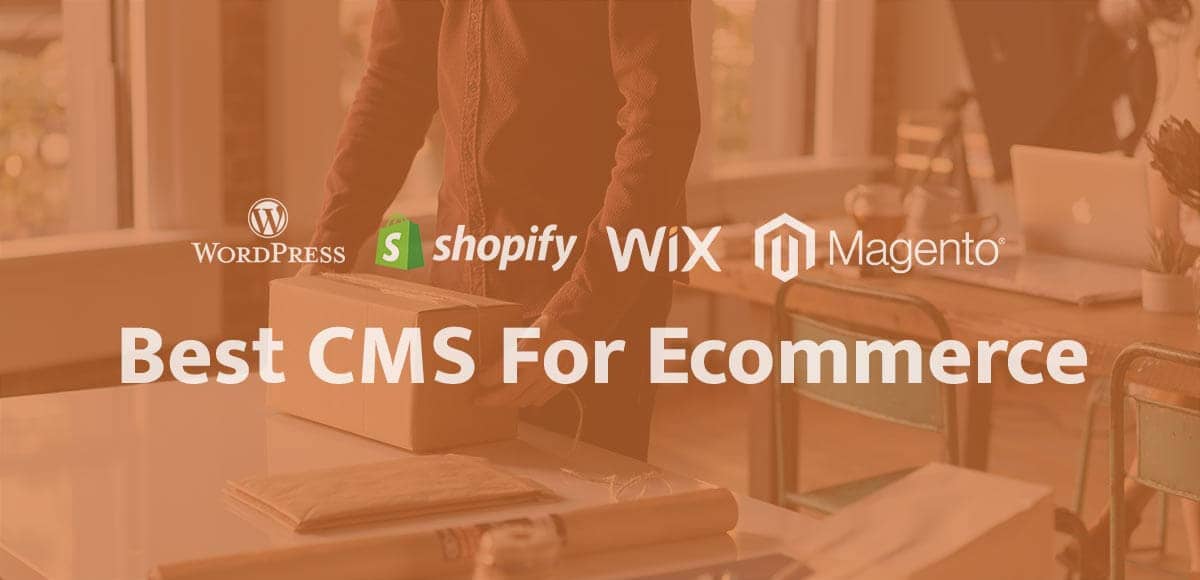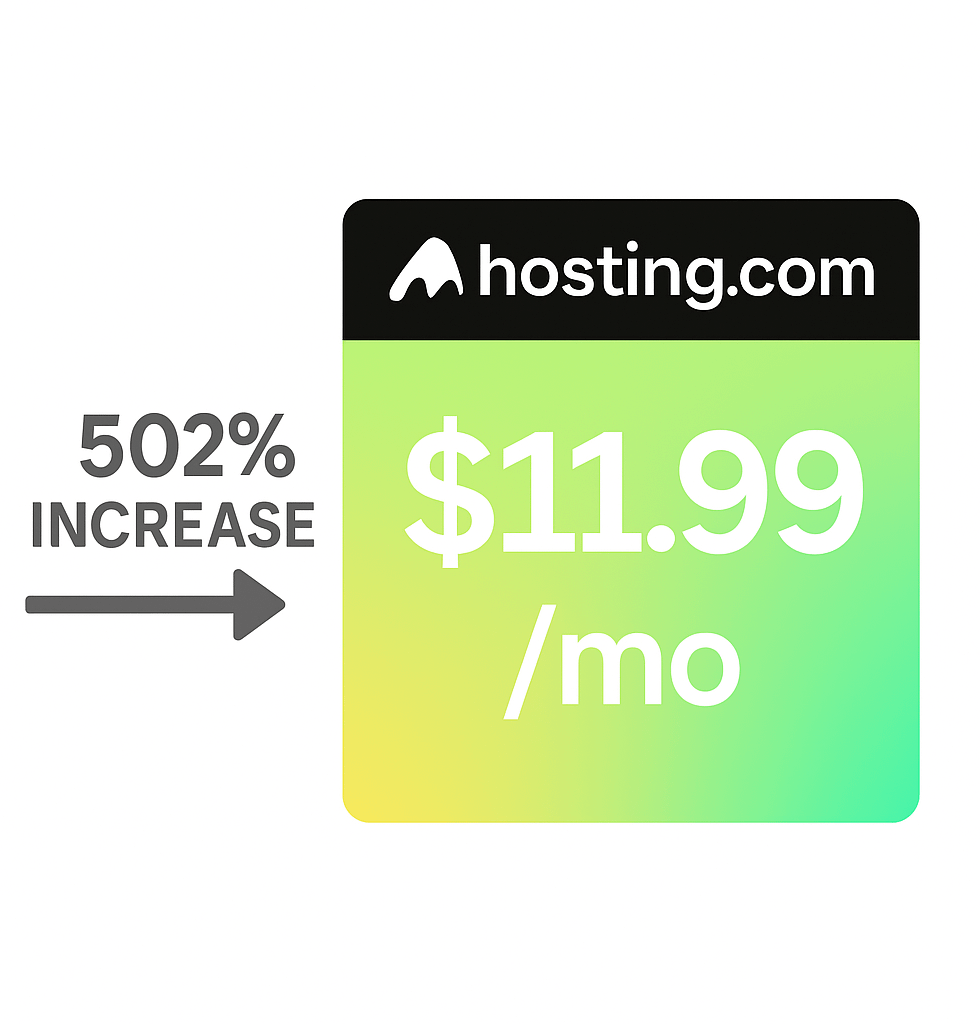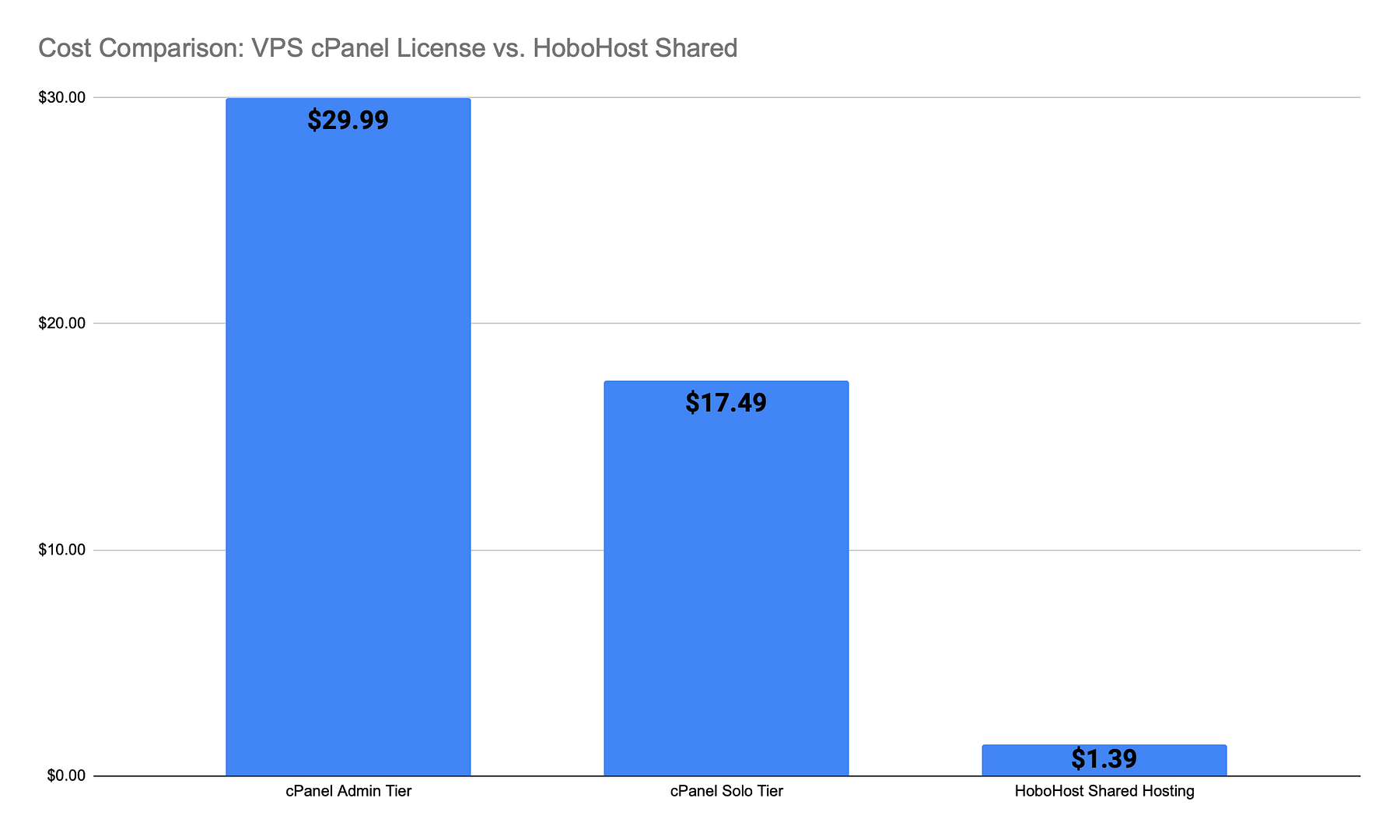CMS is a content management system, which is a platform that helps you manage the content on your website. It can be used for a variety of purposes, such as blogging, developing a website, or even ecommerce. When it comes to ecommerce, there are a few different CMS options to choose from.
CMS software are categorized into two types: open source and closed source.
Open-source software is free to use, and you can modify the code to fit your own needs. However, it can be more difficult to find help and support for open-source software. Closed source software is paid for, but you don’t have the ability to edit the code. It often comes with support, but you can’t change it according to your own preferences.
In this article, we’ll compare the best ecommerce CMSs, in terms of their features and how they can be used to sell online. When it comes to setting up an online store, you need a powerful and easy platform to use. WordPress is a great option for ecommerce, thanks to its range of features and plugins that make it compatible with this type of website.
HoboHost is the perfect partner for WordPress-powered ecommerce stores. Our hosting packages include a free SSL certificate and unlimited bandwidth, which means that you can take your store to the next level and focus on increasing sales and customer satisfaction.
Features Needed in an Ecommerce CMS
When choosing a CMS for ecommerce, you’ll need to consider the features that are important to you. Here are some features to think about:
• Ease of use: The CMS should be easy to use so you can create and manage your website without difficulty.
• Customizable themes: The CMS should come with a range of customizable themes that you can use to create the website you want.
• Easy integrations: The CMS should make it easy to integrate with other features you need, such as an email marketing solution and customer relationship management (CRM).
• Responsive design: If your ecommerce store is for mobile devices, then the CMS needs to be responsive so it works across all devices.
• Built-in SEO features: The CMS should come with built-in search engine optimization (SEO) features to help you optimize your site for search engines like Google.
• Customer reviews: The CMS should make it easy for customers to review products on your site. This can improve sales and rankings in the SERPs.
• Ecommerce features: The CMS should include features for managing your ecommerce store, such as inventory management, payment processing, and order tracking.
• Flexible pricing: The CMS should offer a range of pricing options to fit your budget.
• Support: The CMS should come with support so you can get help when you need it.
Best CMS for Ecommerce
When it comes to ecommerce, there are a few different CMS options to choose from. In this article, we’ll compare the best ecommerce CMSs, in terms of their features and how they can be used to sell online.
1. Shopify
Shopify is one of the most popular options for building and running an online store. It’s easy to use and can be accessed through a website or a mobile app. The design tool allows you to customize the whole page (both frontend and backend), choosing from a range of templates that are suitable for any industry. You can also add features and apps to your store, to extend the functionality and meet your specific needs.
Shopify is a closed source CMS, and it comes with a monthly subscription fee. It’s one of the most expensive options on this list, but it does offer a lot of features and support. If you’re looking for the best CMS for online store that is simple to use and has a lot of features, then Shopify is a great choice.
2. Wix
Wix is another popular CMS for ecommerce stores. It’s an open-source platform, which means that you can edit the code to fit your own needs. However, it can be more difficult to find help and support for open-source software. Wix is easy to use, with a drag-and-drop editor that makes it simple to create a website. It also comes with a range of features and templates, so you can create a professional-looking store in minutes.
Wix is free to use, but you will need to pay for a domain name and hosting. If you’re looking for an open-source CMS that is easy to use, then Wix is a good choice.
3. Magento
Magento is a popular CMS for ecommerce stores. It’s a closed source platform, which means that you can’t edit the code. However, it comes with a lot of features and support. Magento is more difficult to use than Shopify and Wix, but it offers a lot of flexibility and scalability. If your store becomes very successful, you can modify Magento to meet your changing needs. Like Wix, it’s free to use, but you will need to pay for hosting and a domain name.
Magento is one of the most popular ecommerce options on this list. It has a lot of features and support, and it can be modified to meet the needs of a successful store. If you’re looking for a CMS that can handle a large number of products and transactions, then Magento is a great choice.
4. WordPress
WordPress is a popular CMS for ecommerce stores. It’s an open-source platform with thousands of customizable themes and plugins, so it has the potential to do anything you want. You can create a basic store in minutes or choose from one of many ecommerce templates to build your own unique design. WordPress also comes with tools that allow you to automate your website and track sales, so you can quickly diagnose and fix any problems that arise.
WordPress is free to use, but it’s still a complicated platform. It can be difficult for beginners to create an effective ecommerce site with WordPress without help from a professional designer or programmer. If you’re looking for a CMS that can easily be modified to suit your needs, then WordPress is a good choice.
5. Drupal
Drupal is an open-source CMS that has many ecommerce features. It’s another complicated platform, so beginners can take a while to create a store. However, once you have set up Drupal, you have a lot of flexibility to create the store that you want. Drupal also comes with powerful tools that allow you to manage your website effectively.
Drupal is free to use, but it’s not as popular as WordPress. Furthermore, it’s more difficult to modify than WordPress, so there is less support if you need help. If you’re looking for an open-source CMS with a lot of features, then Drupal is a good choice.
6. WooCommerce
WooCommerce is a popular plugin for WordPress that allows you to create an ecommerce store. It’s simple to use and comes with a range of features, including the ability to manage your inventory, accept payments, and track sales. WooCommerce is free to use, and it integrates with WordPress well.
WooCommerce is a good plugin to consider if you’re already using WordPress. It’s simple to use and comes with all the features you need to create a successful ecommerce store. WooCommerce is free to use, but you will need to have a WordPress website to install it.
In addition, you will need to pay for hosting and a domain name. If you’re looking for the best ecommerce CMS for small businesses that doesn’t require much technical knowledge, then WooCommerce is a good choice.
7. HubSpot
HubSpot is an all-in-one marketing suite. It’s a CMS that comes with tools to create, publish, and manage your website. HubSpot includes blogging features for creating content to keep users on your site longer. It also includes SEO features for getting traffic from Google searches.
HubSpot is free to use up to a certain number of users. If you have a small business, then it’s a good option for creating an ecommerce store on your website. It comes with features that will help you market your site and increase sales.
8. Joomla
Joomla is another popular open-source CMS. Compared to WordPress, it offers more powerful features for ecommerce. Joomla comes with an easy-to-use template system, so it’s a good option if you want to build a website from scratch rather than using one of many customizable themes. You can also install premium templates to get the look you want.
Joomla is free to use, but it can be difficult for beginners to set up and manage. In addition, you will need to pay for hosting and a domain name. If you’re looking for a CMS with more features than WordPress, then Joomla is a good choice.
9. Sitecore
Sitecore is a CMS that’s designed for large businesses. It comes with features for managing a website, creating content, and tracking sales. It has a user-friendly template system that makes it easy to create a website for your ecommerce store. You can also use Sitecore’s HTML editor to update any part of the site without needing programming skills.
Sitecore also offers powerful marketing tools that allow you to create targeted campaigns and track their results. Sitecore is not free to use and can be expensive for larger businesses. If you’re looking for a CMS with a lot of features and marketing tools, then Sitecore is a good choice.
10. Prestashop
Prestashop is a popular open-source ecommerce platform. It comes with features for managing your inventory, accepting payments, and tracking sales. Prestashop also includes a built-in blog for creating content to keep users on your site. It also offers a range of themes and extensions that allow you to customize your store.
Prestashop is free to use, but it can be difficult for beginners to set up and manage. If you’re looking for an open-source ecommerce platform with a lot of features, then Prestashop is a good choice.
11. OpenCart
OpenCart is another popular open-source ecommerce platform. It comes with features for managing inventory, accepting payments, tracking orders, and marketing your site. OpenCart also offers a range of downloadable themes for creating the look you want. Furthermore, OpenCart allows you to create custom fields for your products, making it a good choice if you want more control over your store.
OpenCart is free to use, but it can be difficult for beginners to set up and manage. If you’re looking for an open-source ecommerce platform with a lot of features, then OpenCart is a good choice.
12. BigCommerce
BigCommerce is one of the most popular paid ecommerce solutions. It’s easy to use and comes with a range of powerful features for managing your ecommerce store. BigCommerce also offers unique shipping options, including shipping labels that allow you to track shipments. Moreover, BigCommerce offers a built-in loyalty program to help you increase sales.
BigCommerce is free to set up, but it comes with premium features not included in the free plan. If you want to manage your ecommerce store with a powerful CMS, then BigCommerce is a good choice.
What is the best CMS for ecommerce?
This is a difficult question to answer, as each platform has its own strengths and weaknesses.
However, WordPress is a good option for stores that are looking for a lot of flexibility and scalability. It’s an open-source platform with thousands of themes and plugins, so you can create a store that has everything you want. If you’re operating an ecommerce store, then WordPress may be the best CMS for your needs.
HoboHost is a great option for businesses that are looking for a WordPress host. We also have a wide range of themes and plugins that you can use to create your store. If you’re looking for a reliable host with excellent customer support, then HoboHost is a good choice.
Therefore, if you are looking for the best ecommerce CMS platform, WordPress is an excellent choice for ecommerce stores. It’s easy to use, customizable, and comes with a wide range of features. If you’re looking for a cheap, reliable web host that offers excellent customer support, then HoboHost is a good choice.




